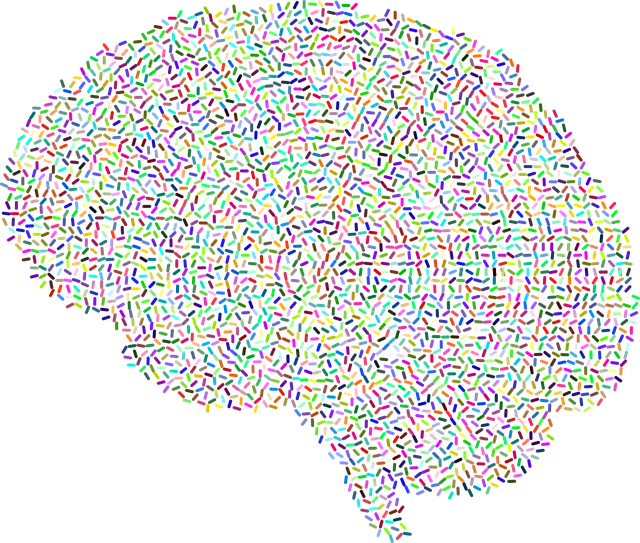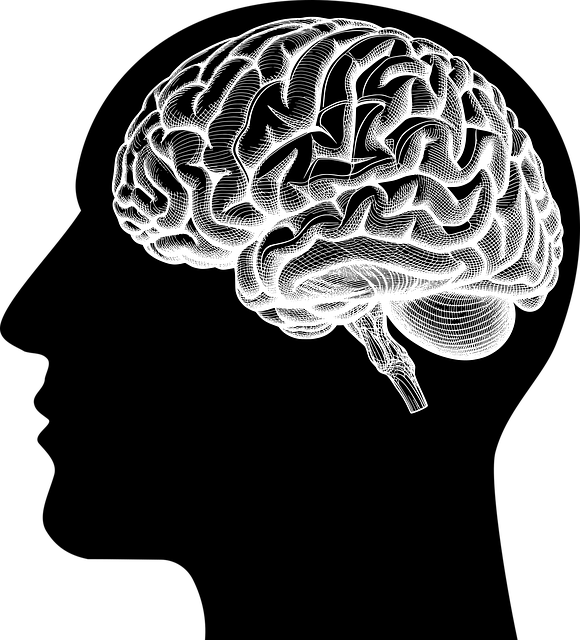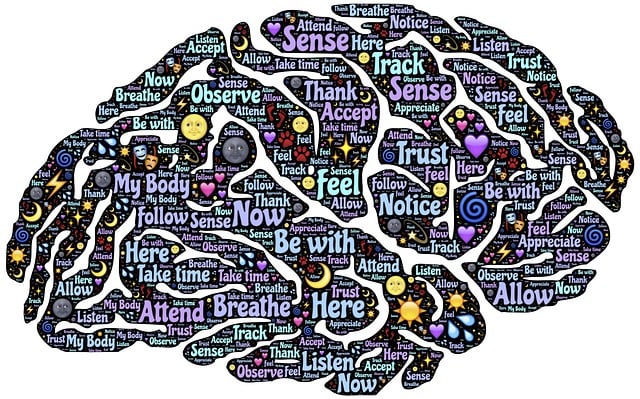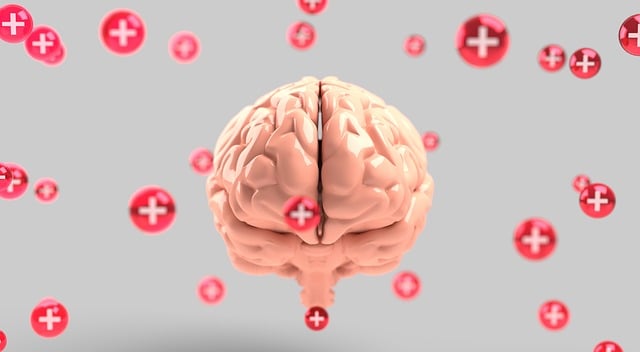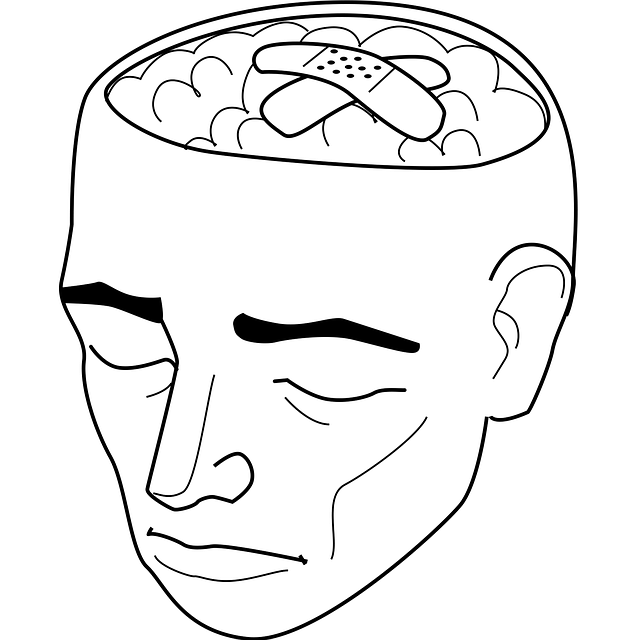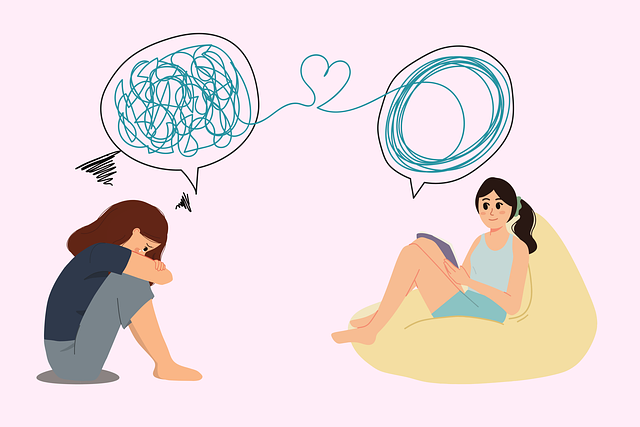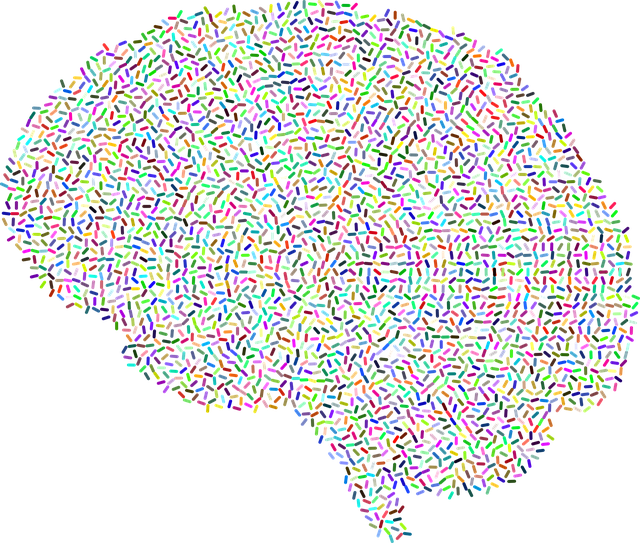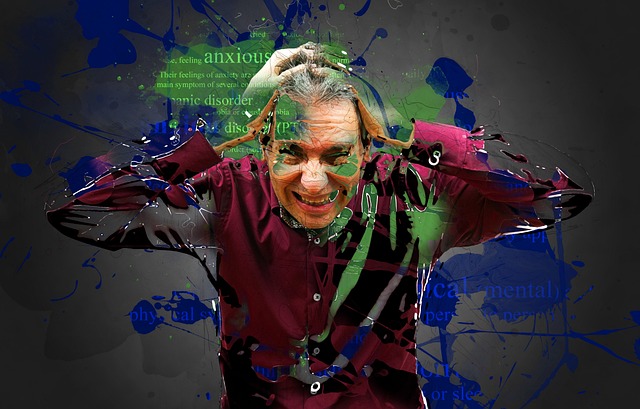Lone Tree EMDR Certified Therapy focuses on empowering individuals with effective coping skills, such as mindfulness and self-compassion, to manage stress and anxiety. Integrating Eye Movement Desensitization and Reprocessing (EMDR) techniques, they help clients process traumatic memories while respecting their cultural backgrounds. This personalized approach fosters resilience and long-term emotional well-being, making it an ideal choice for those seeking coping mechanisms that support both personal growth and mental health professional development.
Coping skills are essential tools for navigating life’s challenges and emotional resilience. In this article, we explore the significance of developing robust coping mechanisms and delve into effective strategies, including the role of Lone Tree EMDR Certified Therapy. We’ll guide you through understanding these skills, providing practical tips for integrating them into daily life, and highlighting how certified therapy can empower individuals to overcome trauma and stress.
- Understanding Coping Skills and Their Significance
- The Role of Lone Tree EMDR Certified Therapy
- Strategies for Effective Coping Skills Development
- Integrating Coping Techniques into Daily Life
Understanding Coping Skills and Their Significance

Coping skills are a set of strategies individuals use to navigate life’s challenges and maintain emotional balance. These skills are essential tools for managing stress, anxiety, and difficult emotions, enabling folks to adapt and thrive despite life’s ups and downs. In today’s fast-paced world, where many face constant pressures and demands, developing robust coping mechanisms becomes increasingly vital.
At Lone Tree EMDR Certified Therapy, we recognize the profound impact of effective coping strategies on mental well-being. Our compassionate therapists guide clients in cultivating skills such as mindfulness, self-compassion, and emotional regulation techniques to combat anxiety relief and mood management issues. By integrating compassion cultivation practices into therapy, we empower individuals to develop a deeper understanding of their emotions and foster healthier responses, ultimately enhancing their overall resilience.
The Role of Lone Tree EMDR Certified Therapy

In the realm of coping skills development, Lone Tree EMDR Certified Therapy stands out as a game-changer in promoting emotional well-being. This specialized therapy integrates Eye Movement Desensitization and Reprocessing (EMDR) techniques to help individuals process traumatic memories and reduce the intensity of associated emotions. By facilitating a state of calm and focus, EMDR allows clients to work through past experiences that may be causing anxiety or distress, providing them with powerful tools to manage their mental health effectively.
The Cultural Sensitivity in Mental Healthcare Practice is another aspect that sets Lone Tree EMDR Certified Therapy apart. Therapists trained in this method understand the importance of tailoring treatment to an individual’s cultural background and unique experiences. This personalized approach ensures that anxiety relief is not just a temporary fix but a lasting solution that respects and embraces each client’s identity, making it an ideal choice for those seeking long-term emotional well-being.
Strategies for Effective Coping Skills Development

Coping skills development is a vital aspect of maintaining and enhancing mental well-being. One effective strategy involves integrating various therapeutic techniques, such as those offered by Lone Tree EMDR Certified Therapy. Eye Movement Desensitization and Reprocessing (EMDR) therapy has proven to be a game-changer in helping individuals process traumatic memories and develop healthier coping mechanisms. This approach facilitates the brain’s natural healing process, allowing people to overcome past experiences that may be hindering their present.
Additionally, fostering inner strength through mental health education programs design tailored to individual needs is essential. Public awareness campaigns development can also play a significant role in encouraging open conversations about mental health, reducing stigma, and promoting early intervention. By combining therapeutic methods with education and awareness initiatives, individuals can gain valuable tools to navigate life’s challenges more effectively, ultimately enhancing their resilience and overall coping abilities.
Integrating Coping Techniques into Daily Life

Integrating coping techniques into daily life is essential for maintaining emotional well-being and preventing burnout, especially for healthcare providers who often face high-stress situations. Lone Tree EMDR Certified Therapy offers valuable tools such as Eye Movement Desensitization and Reprocessing (EMDR) to help individuals process traumatic memories and reduce anxiety effectively. These techniques can be incorporated into daily routines to manage stress and promote resilience.
By learning and applying Emotional Well-being Promotion Techniques, healthcare providers can enhance their ability to cope with crises. Crisis Intervention Guidance emphasizes the importance of immediate support during challenging times. With regular practice, these coping skills not only help navigate crises but also contribute to overall burnout prevention strategies, ensuring professionals can sustain their work over time.
Coping skills development is a vital process for navigating life’s challenges. By understanding and utilizing techniques like those offered by Lone Tree EMDR Certified Therapy, individuals can enhance their resilience and overall well-being. Integrating these strategies into daily routines enables folks to effectively manage stress, anxiety, and trauma, fostering a more balanced and fulfilling life.


